Penny-pinching keeping Ašner extradition on hold
The extradition of Milivoj Ašner, wanted by the Hague for crimes against Serbs, Roma and Jews during WW II, is on hold because of a row over doctors’ findings.
Wednesday, 11.02.2009.
16:02

The extradition of Milivoj Asner, wanted by the Hague for crimes against Serbs, Roma and Jews during WW II, is on hold because of a row over doctors’ findings. Specifically, Austria originally did not want to pay bigger expenses for a Swiss expert to examine Asner’s health, which they have now just agreed to do. Asner, a former head of Ustasha police, who is close to the top of the list of most sought-after Nazi criminals, lives in Klagenfurt. Penny-pinching keeping Asner extradition on hold The Austrian government at first refused to extradite him based on the fact that he was an Austrian citizen, but when information surfaced that Asner had taken Croatian citizenship in the 90s, it meant that he lost his Austrian citizenship under Austrian law, after which extradition was refused on the grounds that he was unfit for questioning. Meanwhile, during the summer, Asner gave an interview to a British newspaper, and was seen walking, apparently in full control of his mental faculties, in Klagenfurt during the European Football Championships. According to most doctors’ findings so far, Asner suffers from dementia. The Simon Wiesenthal Center is dubious about the Austrian findings and wants the authorities in Klagenfurt to allow an international expert examination, and have suggested Swiss court psychiatrist Volker Dittmann for the job, whose expenses the Austrian government did not immediately want to cover. In the meantime, according to Austrian state radio, Oe1, an agreement has been reached between the Austrian government and Dittmann, who told the radio station that another week would pass before his findings on Asner would be complete, and based on which an extradition decision would be taken. The Simon Wiesenthal Center has accused Austria, because of this and earlier cases, of “harboring Nazi criminals.” "In the Asner case the Austrian government is obviously trying all it can to stall and delay extradition, and given the age of the suspected Nazi criminal, every month and day is precious to the court and the descendants of the victims, who are seeking justice," says the Simon Wiesenthal Center.
Penny-pinching keeping Ašner extradition on hold
The Austrian government at first refused to extradite him based on the fact that he was an Austrian citizen, but when information surfaced that Ašner had taken Croatian citizenship in the 90s, it meant that he lost his Austrian citizenship under Austrian law, after which extradition was refused on the grounds that he was unfit for questioning.Meanwhile, during the summer, Ašner gave an interview to a British newspaper, and was seen walking, apparently in full control of his mental faculties, in Klagenfurt during the European Football Championships.
According to most doctors’ findings so far, Ašner suffers from dementia.
The Simon Wiesenthal Center is dubious about the Austrian findings and wants the authorities in Klagenfurt to allow an international expert examination, and have suggested Swiss court psychiatrist Volker Dittmann for the job, whose expenses the Austrian government did not immediately want to cover.
In the meantime, according to Austrian state radio, Oe1, an agreement has been reached between the Austrian government and Dittmann, who told the radio station that another week would pass before his findings on Ašner would be complete, and based on which an extradition decision would be taken.
The Simon Wiesenthal Center has accused Austria, because of this and earlier cases, of “harboring Nazi criminals.”
"In the Ašner case the Austrian government is obviously trying all it can to stall and delay extradition, and given the age of the suspected Nazi criminal, every month and day is precious to the court and the descendants of the victims, who are seeking justice," says the Simon Wiesenthal Center.






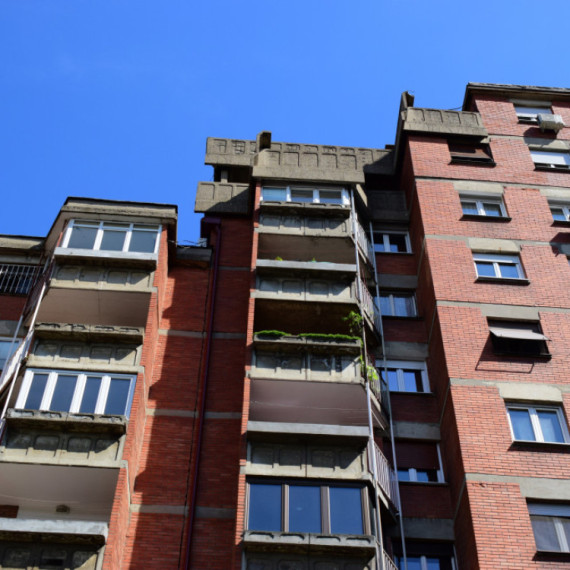




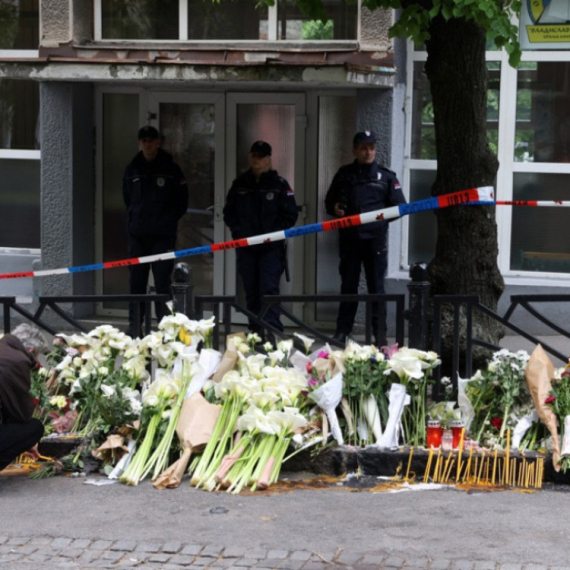
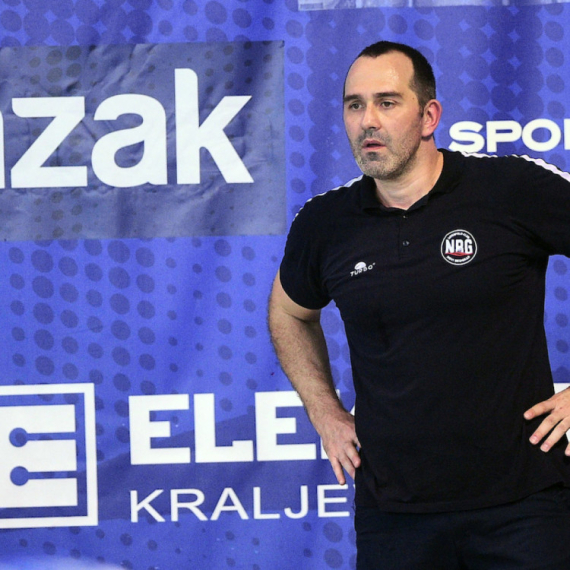


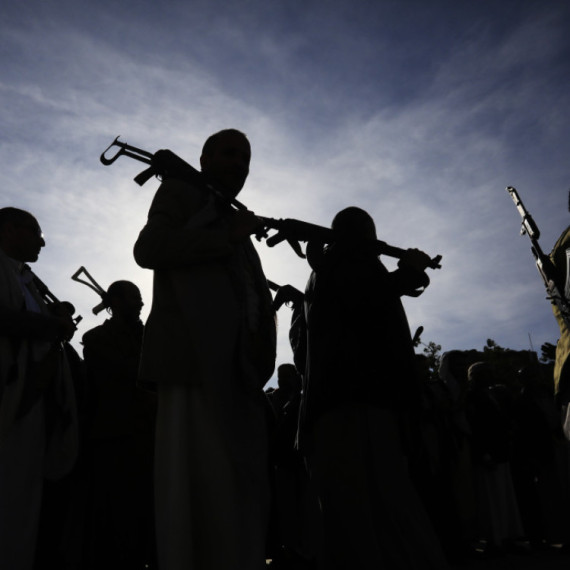

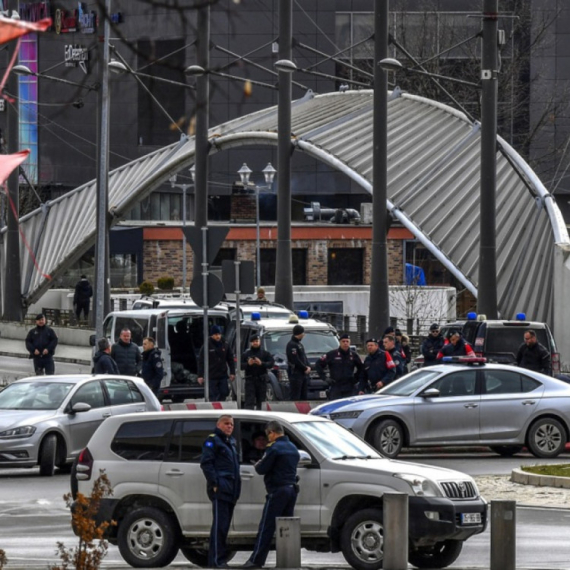
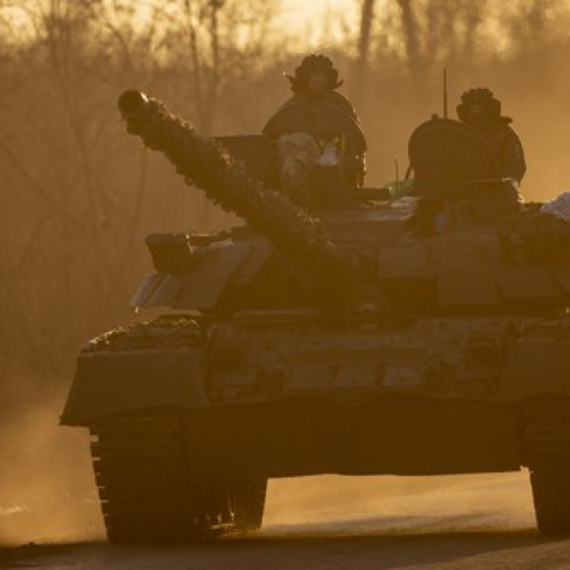
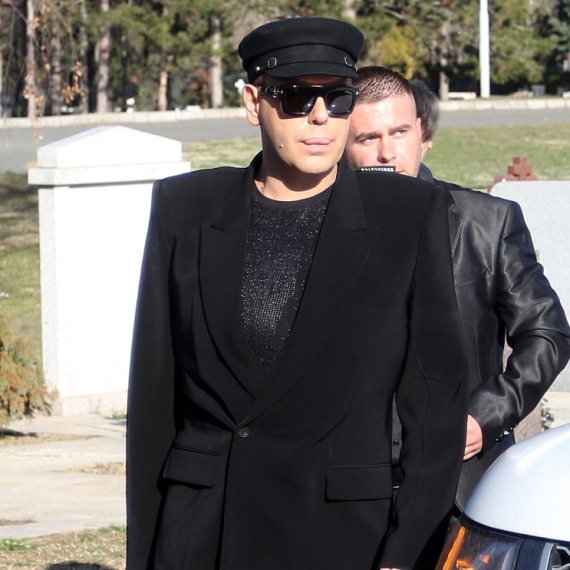






























Komentari 4
Pogledaj komentare